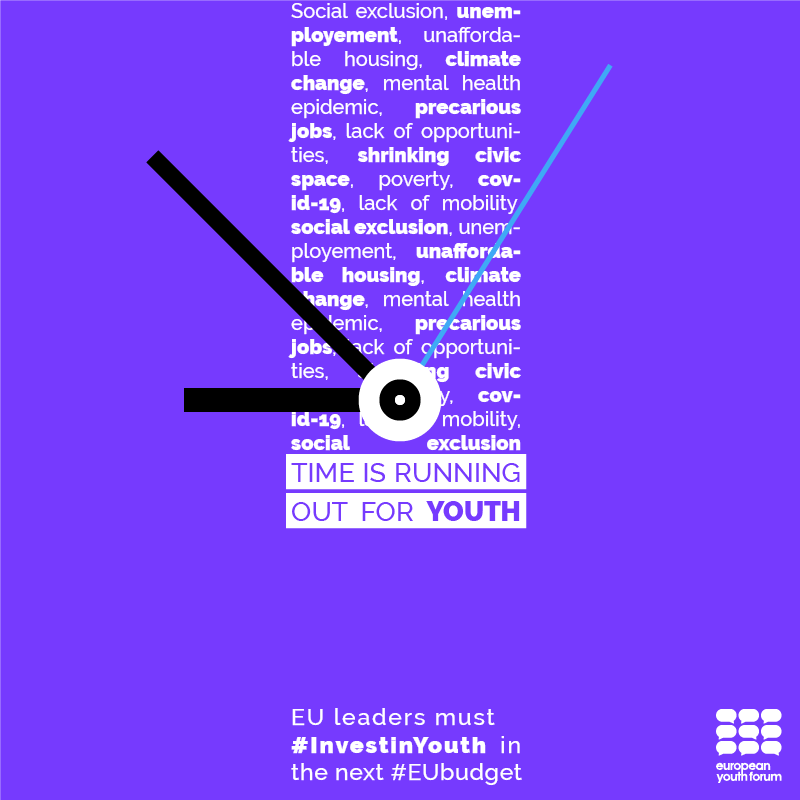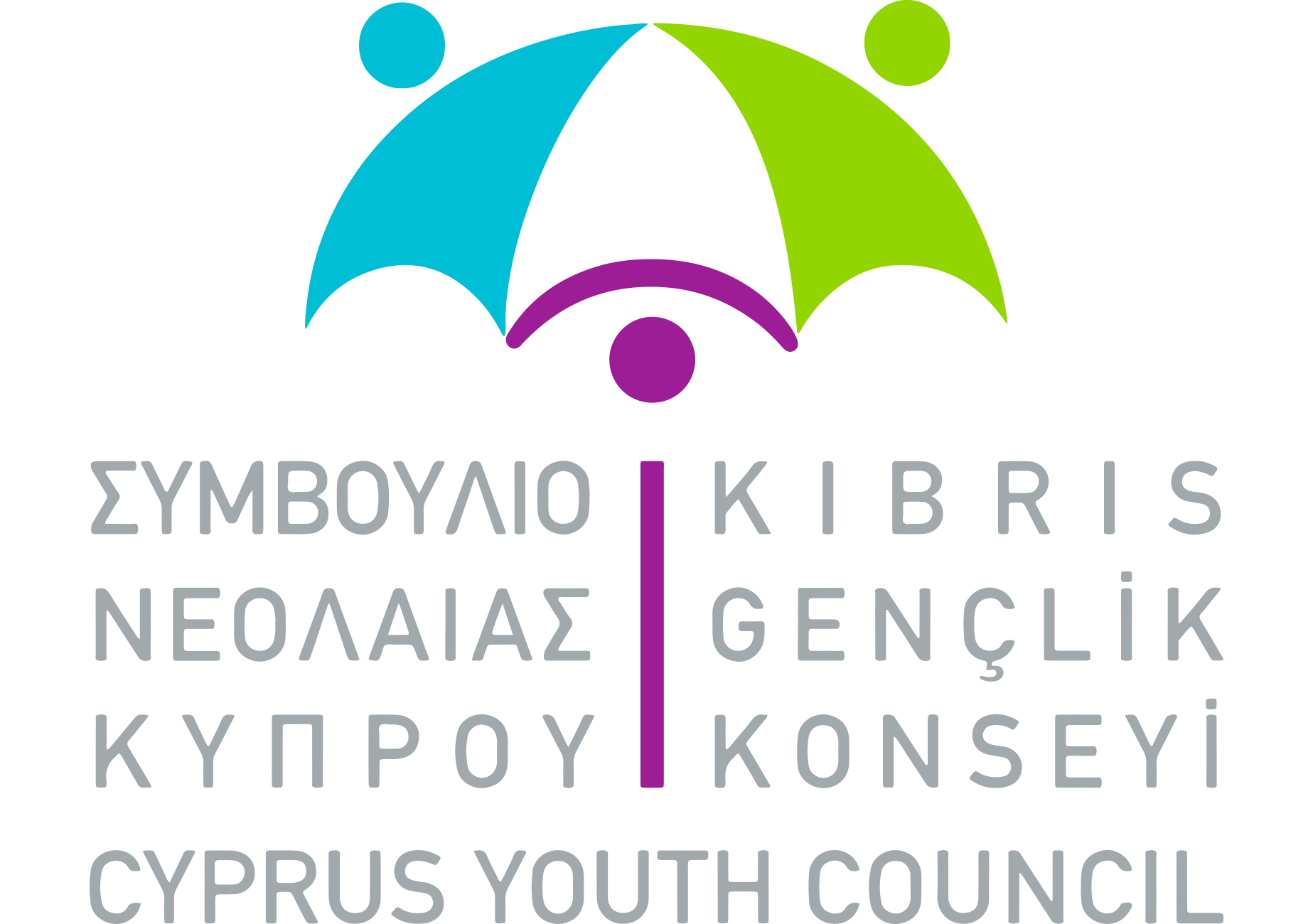
Open letter to the Head of the Republic of Cyprus, Mr. Nicos Anastasiades,
Subject: On 17-18 of July don’t waste time – invest in youth!
President,
I am reaching out to you ahead of the European Council this week on behalf of the Cyprus Youth Council, representing the voice of young people in Cyprus.
Young people are already severely affected by the crisis caused by the Pandemic, risking becoming a lockdown generation.
According to a global survey that the European Youth Forum carried out in partnership with the International Labour Organisation, over 1 in 6 young people worldwide have stopped working since the start of the crisis.
It is also our education and active participation in society that needs immediate attention and action, multiplying opportunities for young people. Additional investment in EU’s Youth Programmes would allow to significantly increase the outreach to currently excluded youth, resulting in new skills, youth services and reinvigorated democracies leading to a stronger Union.
The time is running out. Now, even more than ever, our generation needs an investment in the opportunities, education, learning and jobs. We ask you that on the Special European Council meeting on 17- 18 July you commit to invest in youth by:
- increasing the total size of the European Social Fund Plus to €106.8bn (constant prices) instead of €86.576 bn.
- increasing earmarking for young people not in employment (NEET) in the European Social Fund Plus to 15% instead of 10% (for Member States with a NEET rate above the EU average) and also add 3 % for Member States with a NEET rate below the EU average;
- Increasing the total envelope of Erasmus+ programme to 41.1 bn – in line with the European Parliament’s position.
- Including European Solidarity Corps in the text, committing 1.26 bn to the programme in line with the Commission proposal in 2018, recognising the role of solidarity in this time and the success of the volunteering and solidarity among young Europeans.
- Changing the age of unemployed young people from 15-24 to 15-29 in the methodology for allocation of funds to MS for less developed and transition regions. Longer and more difficult transitions from school to work are shown by the fact that the NEET rate for young people aged 15-29 is higher than the rate for young peopl
